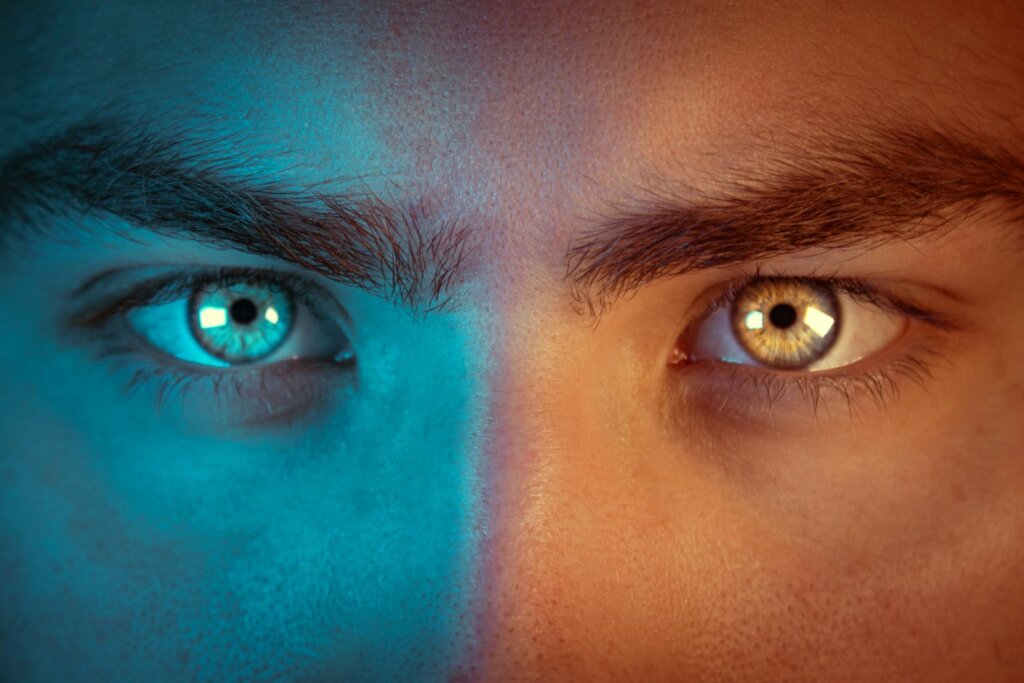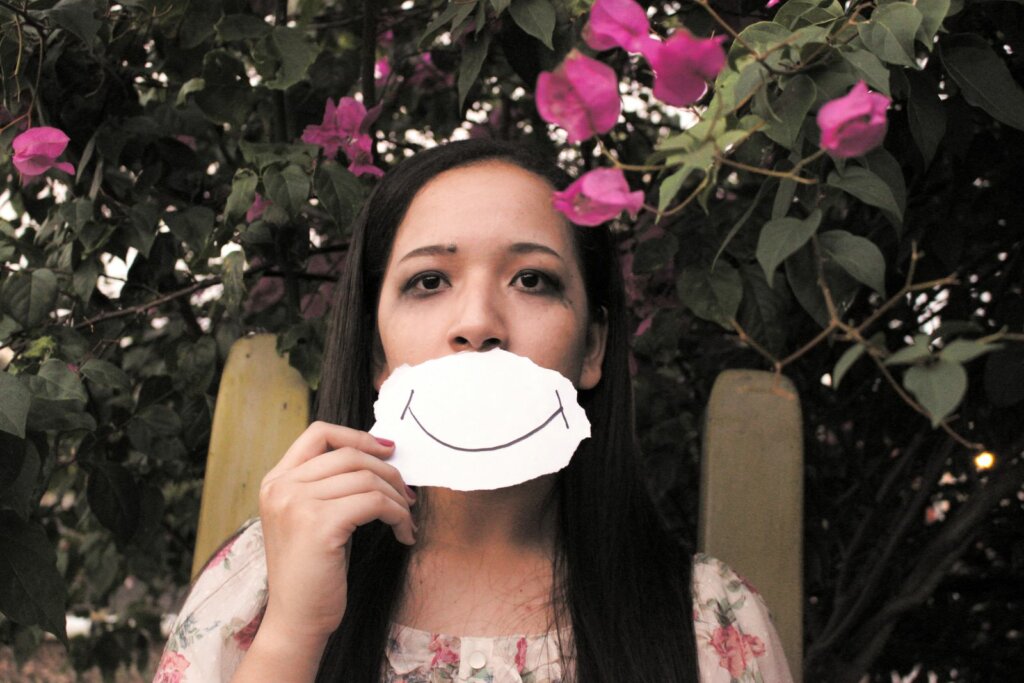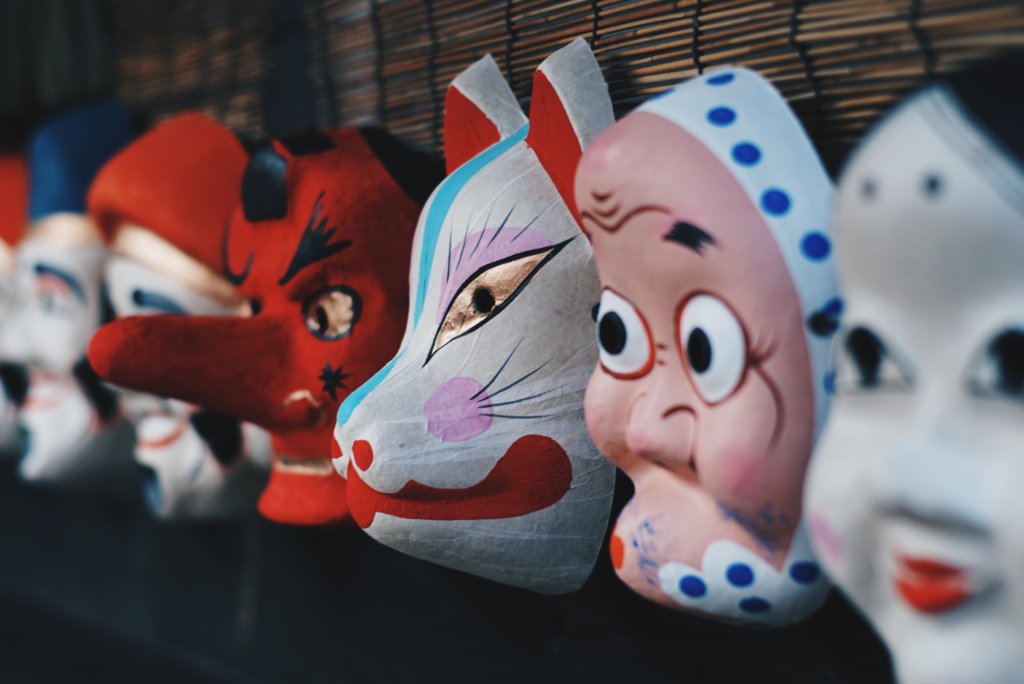When I was 20, I studied abroad in London and noticed a man hanging up a payphone before he approached me. He sold me a song and dance about how he lost his luggage, had no money, and needed help. He told me I should write down my address so he could pay me back and being the gullible and trusting person that I am, I bought everything he said. He was effusive in his praise, saying, “God bless you and your family. You’re a good person,” etc. I felt like a hero in the moment.
Looking back though, it was a scam. He hung up the payphone as soon as he saw me like he was searching for a target. And he was too over the top, too aggressive, and didn’t act at all like a desperate person who had truly lost their luggage and all their belongings. That man had no intention of paying me back and only wanted to make a quick buck preying off naïve girls like me. I felt like an idiot after the fact for believing this man and I let it color all my future interactions with people asking for money.
Fast forward three years and while walking to work in San Francisco, a man who looked dazed and had a cut on his forehead approached me and said he was just mugged. He, too, asked for money but I refused because I wasn’t sure I could trust him based on my past experience with the man in London. My reasons were valid but looking back, he really was in need of help and I botched that service opportunity. In that story for that man, I wasn’t the villain because I didn’t mug him but I’m sure he cast me in the role of a jerk. And he’d be right.

Human beings are multifaceted. Photo by Gabriel Meinert on Unsplash
Oftentimes we paint ourselves in certain lights and have a static self-image. “I’m a good person,” we might say. Or, “He’s a bad man,” but the truth is far more complicated. We are all heroes and villains depending on the circumstances. We are all good and bad and to think otherwise only exacerbates what psychologists call cognitive bias, which is what it sounds like. It helps us make sense of the world and reach decisions with relative speed but a bias also means we discard information that doesn’t prop up our view of reality or a person.
While in some ways a cognitive bias is helpful, it’s also harmful because it has us ignoring certain behaviors or information. And on a personal level, it keeps us from growing. In order to grow, we have to see things as they really are, not what we think they are, ourselves included.
This topic is on my mind because I see a heck of a lot of people saying, “I could never do that,” which is patently false. We are all capable of good and evil. We are all heroes and villains. That’s because there are two forces constantly playing tug of war in this universe: vidyá and avidyá.
They could be translated into good and evil but that’s not quite right. They’re about the movement toward subtlety or crudeness. Avidyá seeks to drag the mind toward crude objects and bind us to the things of this world like cars, homes, and luxury goods. But it also binds us to staticity in the form of ideas. Vidyá pulls the mind toward higher ideals and asks us to expand beyond narrow sentiments, including trying to put ourselves and others in neat boxes. The force of vidyá says, “You will make mistakes but you can learn from them and become a better person.” And that’s exactly what I want for us all.
I dream of a world where we recognize we are all like the yin-yang symbol with a little bit of everything. A world where we understand no person is wholly good or wholly bad. A world where we remember there are two forces in the world pulling us toward crudity or subtlety. A world where we choose to turn toward subtlety whenever and wherever we can because we remember we all have the capacity to be heroes as well as villains.
Another world is not only possible, it’s probable.
I had a very extreme week. I’m working on an article about a public housing project in San Francisco beset with problems. It has rats, squatters, mold, and more. And at the same time, I’m also working on an article about a dream home in Carmel that has two outdoor kitchens, a custom six-hole putting green, and nine fireplaces.
It would be easy to say the wealthy homeowners have a better life than the people living in public housing but life is never simple like that. When I visited the housing project, I witnessed a community coming together to support one another and look out for each other. It was filled with kindness and care. Things weren’t all bad or all good.
I didn’t visit the luxury home in Carmel, nor meet the homeowners, but as we know, money doesn’t inoculate you from problems. For instance, actor Michael J. Fox was diagnosed with Parkinson’s in his 20s. As a result of the disease, he’s broken his shoulder, elbow, hand, and even his face. He told Variety, “I have aides around me quite a bit of the time in case I fall, and that lack of privacy is hard to deal with. I lost family members, I lost my dog, I lost freedom, I lost health. I hesitate to use the term ‘depression,’ because I’m not qualified to diagnose myself, but all the signs were there.”

Sweetness and sorrow can be present at the same time. Photo by Ángel López on Unsplash
Money for sure makes some things easier but nobody gets an easy, breezy life. We all experience sweetness and we all experience sorrow. I think we all want more happiness but it’s interesting to me what we do to try to achieve it. Research shows us our brains are wrong about what we think will cause happiness. We think it’s money, career success, and material objects. But it’s not. Yet, despite the lie, why do we keep heading down that track? I’m not a neuroscientist but I can tell you from a spiritual perspective that there are two forces at work in the world, vidyá and avidyá.
They could be translated into good and evil but that’s not quite right. Really, they’re about the movement toward subtlety or crudeness. Avidyá seeks to drag the mind toward crude objects and bind us to the things of this world like cars, homes, and luxury goods. It has us believing that greed, selfishness, and narrowmindedness are the best way to operate in the world. Avidyá has us forgetting that nothing comes into this world forever.
Vidyá, on the other hand, is the opposite of all that. Through intuitional practices such as prayer and meditation, we come to understand that life is better when we are generous, when we care about others, and when we try to expand our minds beyond narrow sentiments. It’s the reminder that finite objects do not bestow us with the permanent happiness we seek and instead, that’s an inside job. Vidyá reminds us that only the Divine Beloved is eternal.
Going back to sorrow and sweetness, when I turn toward a Higher Power, I understand there can be sweetness amidst sorrow and sorrow amidst sweetness. I remember that neither is in my control, not really, and they’re passing fancies. What I want, what I really, really want, only God can give me.
I dream of a world where we remember there will always be sorrow and there will always be sweetness. A world where we understand neither state is permanent. A world where we recognize we always have a choice of moving toward subtlety or toward crudity. A world where we understand it’s only in subtlety that we’ll experience the bliss that we seek.
Another world is not only possible, it’s probable.
One of the maladaptive ways I keep myself safe is through black and white thinking. When I meet someone, I make a snap judgment as to whether they’re nice or not and hold that image in my head like a painting. My opinion doesn’t change, even when their behavior starts to show the person isn’t nice.
Recently I met someone I perceived to be warm and easygoing. I put her in the “safe” category of people. I assumed she wouldn’t hurt me, that she’d respect me, and that I could interact with her without conflict. It turned out that wasn’t true. She flipped on me, showing a sharp side, a selfish side, an aggressive side. Her behavior shocked me for a variety of reasons, but one of the biggest is I didn’t pick up on this side of her personality at all when we first met. I started blaming myself for putting her in the wrong category, lamenting that I didn’t see this coming. How could I have been so wrong? I’ve had to remind myself people are complex and have different aspects of their personality. That not everyone is who they seem.
I read an Instagram post about a woman with an abusive ex-husband. She said people only see his charming side so it’s hard for them to believe he treated her poorly. We hear about that regularly, don’t we? How abusive people can be so loving, so charming, and so sweet. It’s confusing when they become violent, whether that’s emotionally, verbally, or physically. Where did this come from?
I’m reminded of the Dr. Jekyll and Mr. Hyde story, written in 1886, which endures because it speaks to a deep truth about human beings. We are all angels and demons. At any given point we could be a Dr. Jekyll or a Mr. Hyde. No one is static. No one remains immune to evil. Similarly, redemption is also possible for even the most hardened criminal.
My spiritual teacher says those two forces are constantly at work in the universe. We are in a ceaseless tug of war with both energies. We never have it made, so to speak, meaning life is about choices and in any given moment we can choose to behave poorly or not. It’s unrealistic to assume a person will stay the same because it’s the everyday choices that make up who we are, that change us. People either evolve or devolve, but they don’t stay still.
The world is not black and white, it’s in color. It’s complicated and nuanced and ever-changing. That means people are complicated, nuanced, and ever-changing as well. It’s hard to hold that mindset but it’s what will truly keep me safe because it keeps me grounded in reality and in the present.
I dream of a world where we recognize we each have the capacity for good and evil. A world where we remember people change all the time. A world where we realize it’s important to adjust our judgments of people when we are provided with evidence of their character.
Another world is not only possible, it’s probable.
I’ve been thinking about good and evil a lot lately. Maybe because I’m re-watching Star Wars with friends. What I find interesting is how so often people liken the forces of good and evil as a devil or angel on our shoulder where one force eventually wins out. I think good and evil is more nuanced than that, and liken each to either end of a tug of war battle. That also means when a person is closer to the middle, as in neither side has a clear victory, both sides tug harder for dominance. This isn’t just speculation, by the way, I notice the good and evil tug of war manifesting in the real world. Not only as a voice in my head, but in tangible ways.
For example, here’s something that happened earlier this week that’s not evil, but was clearly not engaging with the force of good. I noticed my neighbor’s plums fall over the fence that separates our properties. My neighbor is on the down slope of a hill and they will never be able to reach the plums that grow on my side of the fence because it’s too high and there’s a barrier. But because I’m higher up, those plums hang at a perfect level for me to pick them. The very top of their tree is about two feet above my head; in other words, the perfect picking height.
As I glanced out my window, I noticed ripe plums rotting on the ground. “Just look at those ripe plums going to waste!” I said. “How could I let that happen? Besides, those plums sit on my side of the fence, so is it really stealing? I mean, what’s ownership anyway.” With all those thoughts in mind, I started picking those plums, and wouldn’t you know it, a piece of dirt or perhaps a small rock flew into my eye. Ladies and gentlemen, the force of good communicating to me that, yes, it still counts as stealing. It is no coincidence I experienced pain after my somewhat-questionable actions.
The force of good shows up in other ways too. When our hearts start to pound, or our hands begin to sweat when we know we’re engaging in nefarious behavior, that’s the force of good saying, “Hey, maybe rethink this.” There are some people that ignore those messages though. What happens in those situations is the force of good exerts itself less and less, which makes sense because in a tug of war battle, if one side is likely to win, the other stops pulling as hard.
Unlike in real tug of war though, neither good nor evil stops pulling. They’re very persistent those two. That means there’s always a chance for redemption. My spiritual teacher was such a believer in redemption that his first disciple was a known thief. In fact, my teacher taught the guy meditation after the thief pulled out a dagger and threatened to rob and kill my teacher! After the meditation lesson, the thief gave up his old ways and really turned over a new leaf. So, yeah, there’s always a chance for good. Similarly though, there’s always a chance for evil.
I guess what I’m saying here is it’s easy to get complacent. To think, “I’m a good person so I would never do that,” or “I’m such a screw up, there’s no hope for me,” but neither are true. There’s a thin line between good and evil and it’s easy to start moving in either direction, which I think is illustrated quite well in Star Wars. Maybe we need to adopt Mad-Eye Moody’s motto from the Harry Potter books and maintain “Constant vigilance!”
I dream of a world where we pay attention to what we’re doing. A world where we understand when the universe is trying to communicate with us, to encourage us to side with the force of good, and we do so. A world where we understand there’s not a lot of difference between good and evil so it’s up to us to decide which side of the tug of war battle we’d like to be on.
Another world is not only possible, it’s probable.

